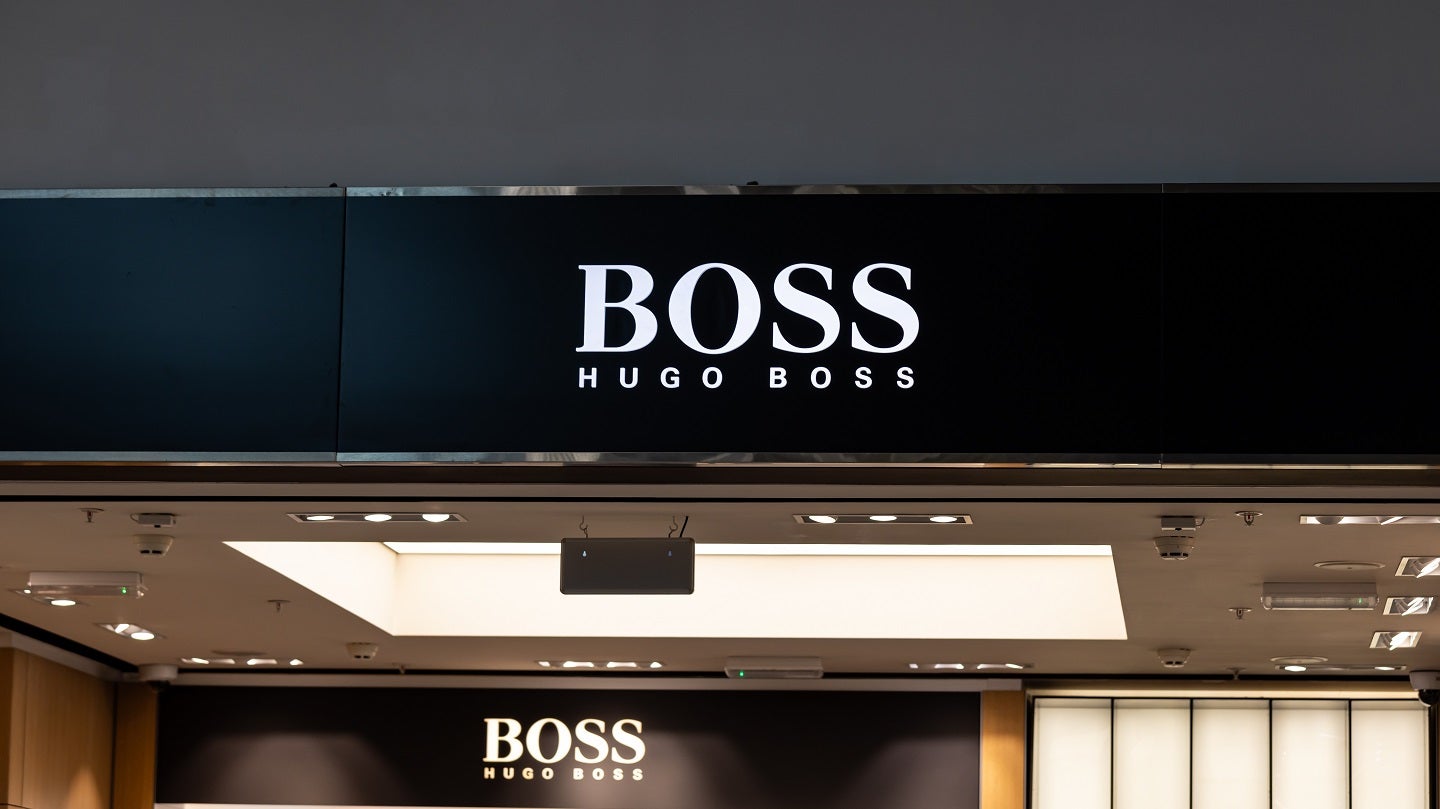German fashion brand Hugo Boss has reached an agreement to divest its Russian business to its wholesale partner, JSC Stockmann, Reuters reported.
This move will mark the end of Hugo Boss’s direct presence in Russia in response to the geopolitical conflict in the region.
The retailer suspended online sales and the operations of its stores in Russia in March 2022, as reported by Russian news agency Interfax.
Deputy Minister of Industry and Trade Viktor Yevtukhov told Interfax that the sale of Hugo Boss’s Russian business has been approved by Russia’s government commission on foreign asset sales.
A key condition of the approval is the preservation of all existing jobs of the business.
The retailer has not disclosed the financial details of the transaction, but the Russian government requires foreign companies to sell assets at significant discounts, with a minimum of 50% off.
Access the most comprehensive Company Profiles
on the market, powered by GlobalData. Save hours of research. Gain competitive edge.

Company Profile – free
sample
Your download email will arrive shortly
We are confident about the
unique
quality of our Company Profiles. However, we want you to make the most
beneficial
decision for your business, so we offer a free sample that you can download by
submitting the below form
By GlobalData
The deal is subject to approval from a national European authority and is expected to close in the third quarter of the year.
All the retailer’s stores in the country will reopen post-transaction.
The divesture comes amid criticisms faced by Hugo Boss from groups such as B4Ukraine for continuing to supply goods to Russia.
In response to these criticisms, Hugo Boss said: “In terms of our wholesale business, we were fulfilling the contractual obligations to our partners. Hugo Boss is and has been complying with existing EU sanctions at all times.”
In its financial year 2023 result released this January, Hugo Boss said it aims to deliver €5bn ($5.36bn) in revenue and earnings before interest and taxes of at least €600m by 2025.


